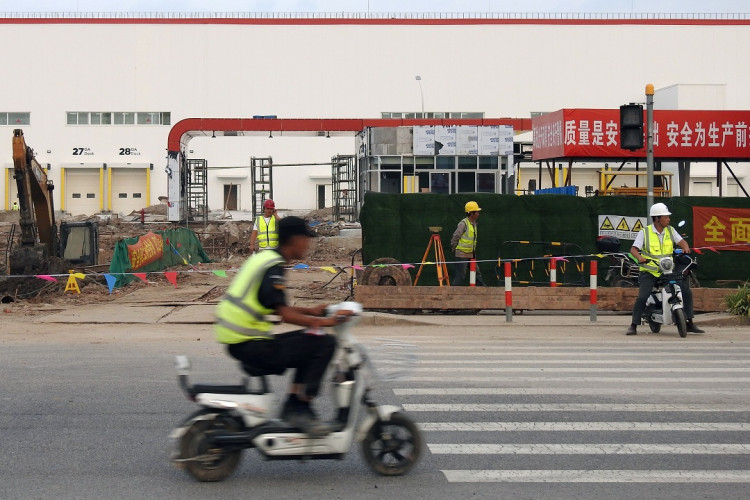The Shanghai Free Trade Zone is starting to show the fruits of its labor thanks to bold and forward-thinking policies geared towards it opening the area further to foreign investments. The FTZ is now seeing the first batch of made-in-China fully electric Tesla vehicles rolling out, while also boasting the establishment of its first foreign-owned comprehensive hospital, among other new developments.
Since it was established six years ago, the Shanghai FTZ has come a long way. The area is now home to a number of major foreign-owned facilities and headquarters. This has transformed the area into a massive innovation hub for various advanced industries including electric mobility, biotech, artificial intelligence, and advanced manufacturing.
The newly launched section of the FTZ, the Lingang area, has recently become "Tesla's dream city," according to the company's Vice President Tao Lin. Tesla had constructed a plant on the plot of land it had acquired in the Lingang area in October of last year, which is now ready to churn out its first batch of electric vehicles.
The core areas of Tesla's Shanghai gigafactory in the FTZ are already complete and the company announced that the facility's stamping, painting, and assembly areas are now already capable of production. Tesla announced that it should be delivering its first batch of China-made Tesla Model 3s by the end of the year.
Close to Tesla's facility is the Lingang factory of Saint-Gobain Sekurit, a $2.8 million high-end automotive glass manufacturing facility. The French corporation hopes to start producing its first batch of automotive glass this month. The company is aiming to supply Tesla and other automotive manufacturers with production facilities in China and in other Asia Pacific regions.
Shanghai FTZ officials have touted that Tesla's rapid deployment and development should become the norm for other foreign firms looking to establish themselves in the city. The FTZ's administrative committee stated that it should only take foreign companies a maximum of five days from their procurement of land to the approval of their construction certificates.
Apart from providing assistance for rapid deployment, the FTZ's administrative committee also stated that they will be providing companies with various trade facilitation for them to more easily establish their multifunctional headquarters.
With facilities in China, foreign companies will apparently be able to directly sell to their Asia Pacific customers. This should allow companies to save millions of dollars through the enhancement of their supply chains, sales, and components procurement. As of September, the Shanghai FTZ has a total of 263 headquarters. This accounts for about 15 percent of the multinational headquarters located in Shanghai.






